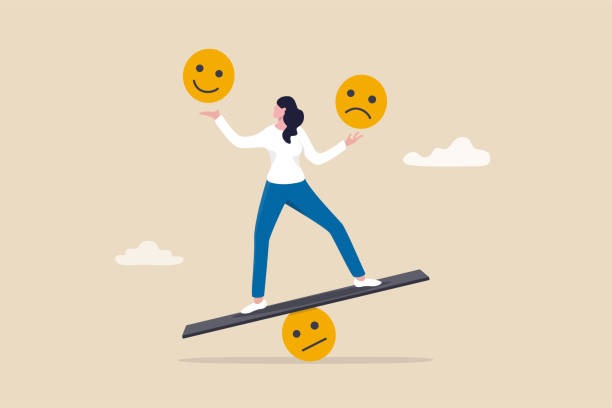Stress is an inevitable part of life, often arising from work pressures, personal challenges, or unexpected events. While it can sometimes motivate us to perform better, chronic stress can harm both mental and physical health. Managing stress effectively is essential for maintaining overall well-being and improving daily functioning. There are several proven techniques that help reduce stress levels and enhance resilience.
One of the most effective ways to manage stress is through mindfulness practices such as meditation and deep breathing exercises. These techniques encourage a focus on the present moment, allowing individuals to step back from overwhelming thoughts and emotions. Even dedicating just ten minutes a day to mindful breathing can lower cortisol levels—the hormone associated with stress—and create a sense of calmness. Similarly, progressive muscle relaxation involves tensing and relaxing different muscle groups in the body, helping release physical tension caused by stress.
Regular physical activity also plays a significant role in managing stress. Exercise not only boosts endorphins—chemicals in the brain that promote feelings of happiness—but also provides an outlet for pent-up frustration or anxiety. Activities like jogging, yoga, swimming, or even brisk walking can improve mood while enhancing overall fitness levels. Additionally, engaging in hobbies or creative activities such as buying kratom online painting, playing music, or gardening allows individuals to disconnect from sources of stress while promoting relaxation.
Maintaining healthy relationships is another crucial component of effective stress management. Talking openly with trusted friends or family members about your concerns offers emotional support and helps put problems into perspective. Social connections provide reassurance during challenging times while fostering a sense of belonging that reduces feelings of isolation commonly associated with prolonged stress.
Proper time management also alleviates unnecessary pressure by ensuring tasks are completed efficiently without last-minute panic. Breaking large projects into smaller steps makes them more manageable while setting realistic goals prevents overcommitment that leads to burnout.
Finally, prioritizing self-care ensures long-term resilience against stressful situations. Adequate sleep restores energy levels and improves cognitive function necessary for problem-solving under pressure; meanwhile, balanced nutrition supports overall health by regulating mood-stabilizing hormones.
By incorporating these strategies into daily routines consistently over time rather than relying on temporary fixes alone—stress becomes more manageable regardless of external circumstances—leading ultimately toward greater balance between productivity demands alongside personal peace-of-mind pursuits alike!




